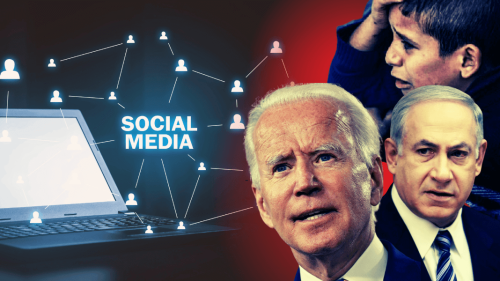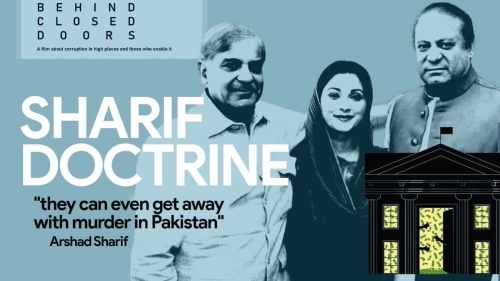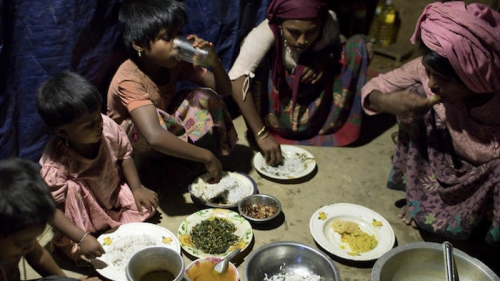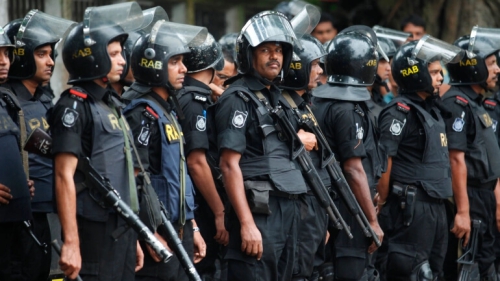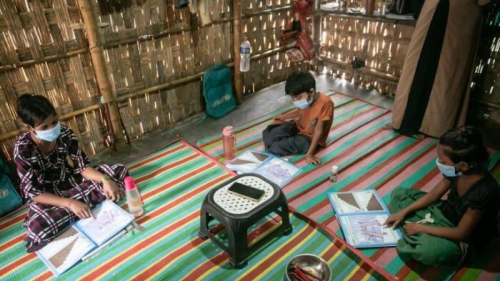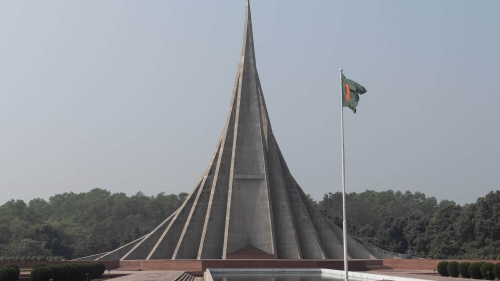Bangladesh: Too Many Battles on Too Many Fronts
The ongoing political crisis in Bangladesh coincides with looming economic and humanitarian disaster. The BBC reported Monday that security forces under the ruling Awami League have arrested 50,000 people in a recent crackdown on criminal behavior that is often associated with the main opposition party, the Bangladesh National Party (BNP). The Bangladesh Bank Monday aggravated tensions by devaluing the Bangladeshi currency, the taka, by two percent. In the midst of the monsoon rains which have caused rivers to flood and have already displaced some 250,000 people, Bangladesh seems ill prepared to handle some of the most difficult problems it has yet had to face.
The annual floods, which last year were this century’s worst for Bangladesh, are matched in humanitarian concern by the country’s economic crisis. According to statistics from the U.S. Department of State, one third of Bangladeshis live below the poverty line and the annual per capita income is just $300. Adding pressure to the economic situation is the issue of overpopulation, with 125 million people yielding a population density of almost 2,000 people per square mile.
Internationally Bangladesh faces a large foreign debt and economic difficulties exacerbated by what the U.S. Department of State calls in its 1998 Human Rights report on Bangladesh, "endemic corruption" by government officials and the entrenchment of "other vested interests." According to a July 19 AFP report, the currency devaluation, the 15th such move in three years, was defended by Finance Minister Shah Kibria as being necessary for exports. But the opposition BNP called the move a unilateral decision that would increase prices for ordinary people, according to a BBC report from the same day.
Bangladesh’s ability to deal with its economic and humanitarian crises is hampered by political turmoil between the ruling party and opposition groups. The Awami League came to power in 1996, displacing the BNP, which had ruled since 1991. The BNP has since accused the government, led by Prime Minister Shaykh Hasina, of abusing its power and has boycotted numerous parliamentary proceedings and municipal elections. The 1999 Amnesty International report on Bangladesh confirms opposition allegations, although a 1995 U.S. Department of State Human Rights report on Bangladesh reveals that the BNP was also involved in similar misuses of power, although it would seem to a lesser extent. The 1999 Amnesty report indicates widespread governmental abuse of the Special Powers Act (SPA) that allows arbitrary arrest and harassment without formal charges for those considered a threat to national security. It additionally accuses government security forces of rape, torture, beatings and extra-judicial killings.
But the BNP and other opposition groups have also had a lackluster human rights record in the last few years. On site journalist David Chazan reported for the BBC on July 19 that the "nominally Marxist-Leninist [opposition] groups seem to have abandoned their ideology years ago, devoting themselves instead to racketeering and banditry, looting and rape." According to the report, both government forces and opposition groups have been known to terrorize the population, especially during election time. And fighting has broken out between mostly BNP opposition protestors and the police in several instances. But despite a recent surrender by many opposition fighters and the widespread arrests that have no doubt sidelined many individuals, several opposition groups have remained active.
The BNP, led by former Prime Minister Khaleda Zia, has organized many economically crippling strikes. And the BNP, in coordination with other opposition groups such as the Jatiya Party, the Jamaat-e-Islami Bangladesh and the Islami Oikya Jote, is currently planning a three-day march across the greater Mymensingh district in an effort to "drum up public support for the opposition movement against the present government," Bangladesh’s Independent reported on July 20.
The political turmoil, combined with the economic and humanitarian crises, spell uncertain times for Bangladesh. According to the BBC on July 1, the U.S. government has warned that the government in Bangladesh is on the verge of collapse. But lest the opposition become too excited at this prediction, the atmosphere of violence and humanitarian concerns cannot be expected to pass with the current government. The problems facing Bangladesh would overflow the plate of even the most able and popular leadership. Both sides would perhaps benefit in the long run by putting aside their differences and uniting to solve the problems that threaten the very survival of the country’s citizens.
Zakariya Wright is a staff writer at iviews.com








